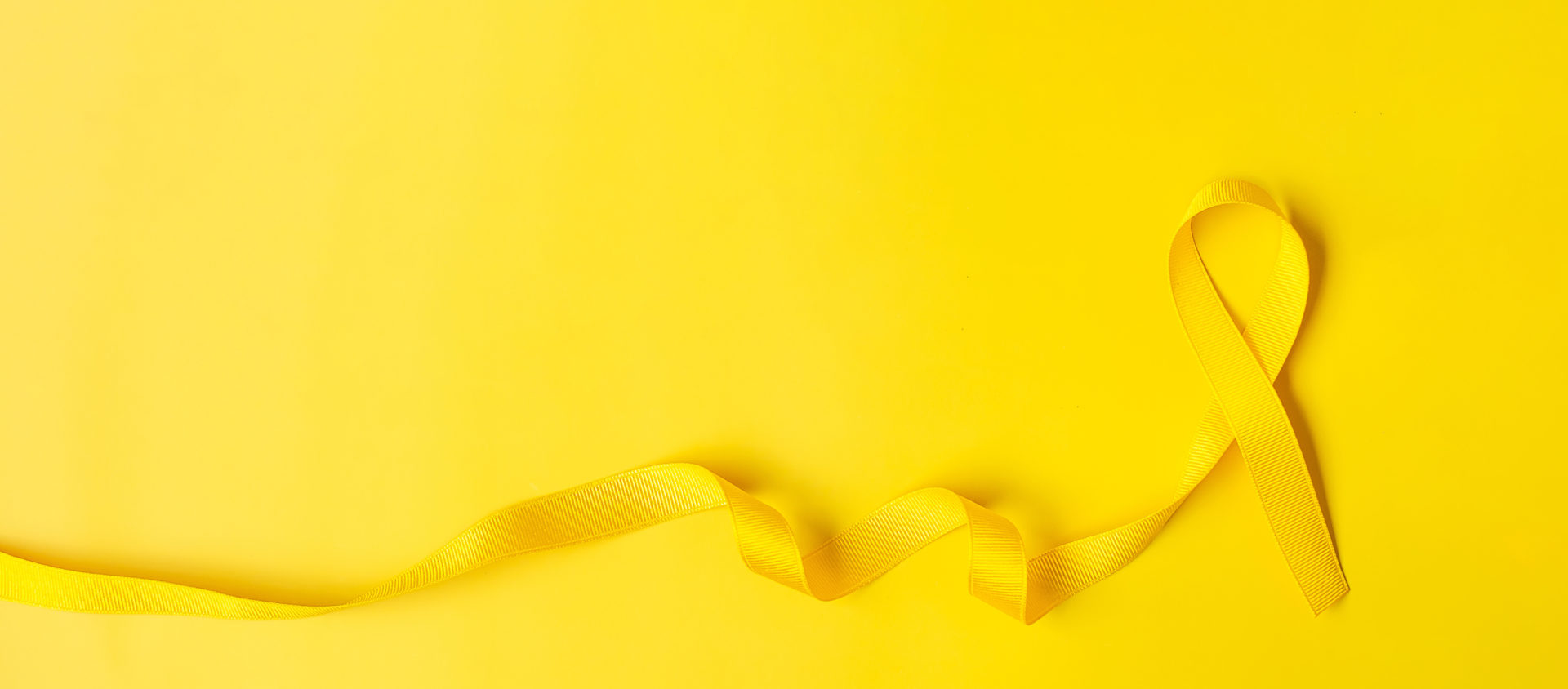How can we get rid of the stigma surrounding mental health and suicide? The more we talk about it, the less likely suicide will happen.

There is so much misinformation about suicide, thus it has resulted in a stigma and decision to avoid talking about it. “If we talk about it then it will make the ‘hurting’ person do it.” This is a myth and statistically untrue! The more we remove the stigma and silence about suicide, the more we hear, share and talk about someone else’s or our own struggles with mental health issues, the less likely suicide will happen.
Everyone has had suicidal thoughts; we just don’t always tell anyone about them. They can occur during a breakup from a relationship, a loved one passing away or we are facing an incredibly overwhelming crisis; these thoughts can come out of nowhere and are fleeting; this is a coping mechanism of avoidance. This is normal because suicidal thoughts occur on a spectrum from less to high intensity.
Mental Health providers become concerned when these thoughts become a serious option. Someone may begin daily thoughts that increase to multiple times per day. The intensity grows to the planning stage, gathering what it would take to harm themselves and even practicing.
If you or someone you know are struggling with suicidal thoughts, please tell someone. They can provide support and they can accompany you to nearest ER, family physician or mental health provider to be assessed. Just as if you were having symptoms of a heart attack you would seek help and not wait.
If you’re considering self-harm or suicide, you’re not alone. If you’re having thoughts of suicide or self-harm, you can access free support right away with these resources:
If you are experiencing difficult thoughts call: 988
The National Suicide Prevention Lifeline. Call the Lifeline at 800-273-8255, 24 hours a day, 7 days a week.
The Crisis Text Line. Text HOME to the Crisis Text Line at 741741.
The Trevor Project. LGBTQIA+ and under 25 years old? Call 866-488-7386, text “START” to 678678, or chat online 24-7.
Veterans Crisis Line. Call 800-273-8255, text 838255, or chat online 24-7.
Deaf Crisis Line. Call 321-800-DEAF (3323) or text “HAND” at 839863.
Befrienders Worldwide. This international crisis helpline network can help you find a local helpline.
So, what about family and friends of people whose loved ones have passed away by suicide? They are left behind. There are support groups.
Team of Mercy is a nonprofit organization aiming to assist survivors following an attempted and/or a completed suicide with any necessary help the loved ones left behind may need. They want to bring awareness to the community and decrease the stigma off suicide and mental health. 855-225-5550. They have a Facebook page and a website.
During the struggles with isolation, fallout from ongoing Covid crisis and the impact on ALL our mental health. Please reach out because if you are struggling, there is a high probability that others are also. We need to ALL reconnect safely and cease the isolation of a topic that needs to be discussed.
By: Sheri Trendelman, LMHC
Resources
Mental health counseling can benefit people struggling with emotional difficulties, life challenges, and mental health concerns. In therapy, people learn to cope with symptoms that may not respond to treatment right away. Research shows the benefits of therapy last longer than medication alone.
Mental illness. A frightening term for many and can make us feel quite alone if our mental health is suffering.